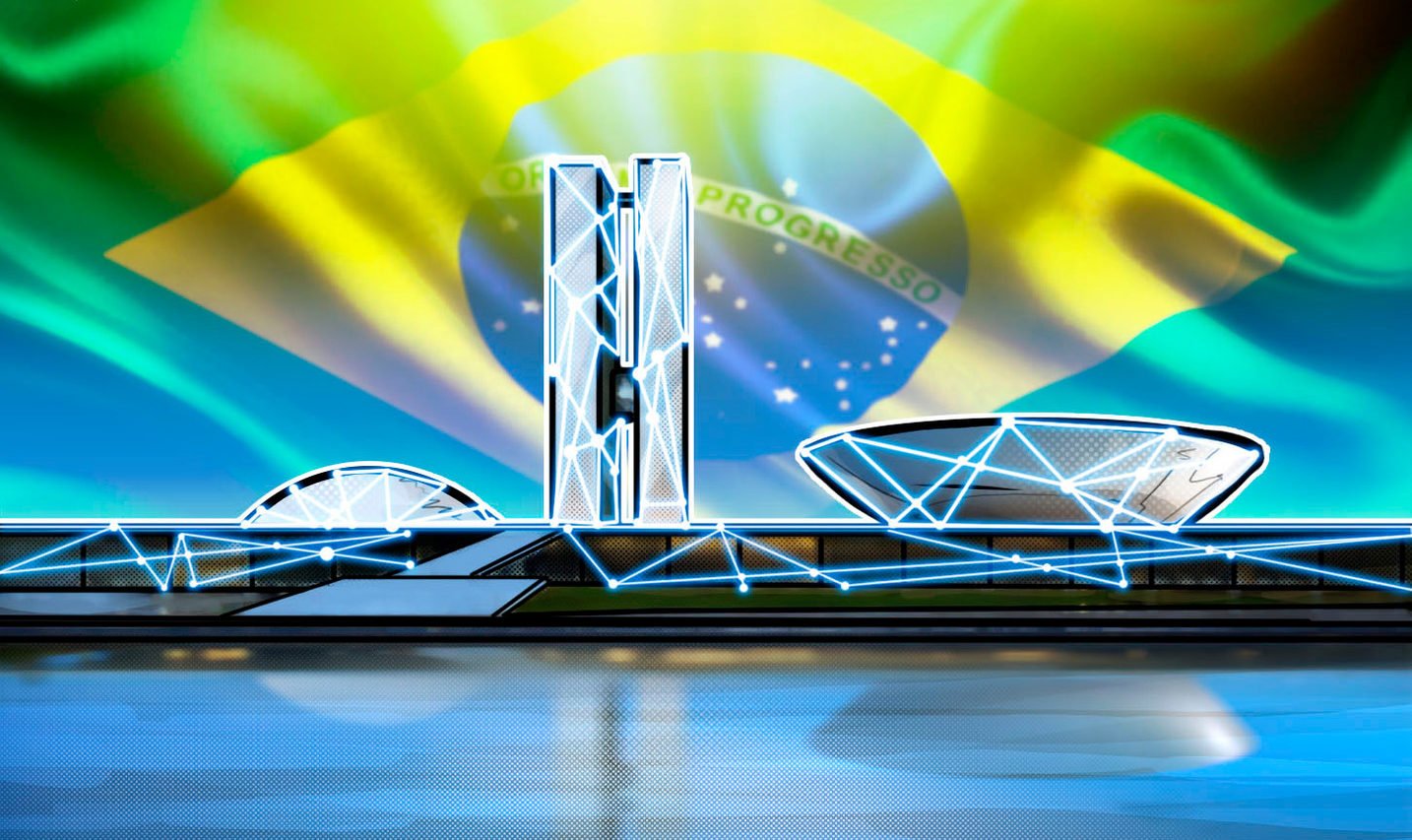By Luiz Gustavo Pacete
Brazil often leads some of the top rankings in adopting technologies such as blockchain and, consequently, cryptocurrencies.
A recent study by CoinJournal showed that the country has the sixth-highest number of cryptocurrency owners.
That equates to 7% of the population holding some kind of cryptoactive.

But blockchain, the basis of these assets, is a relevant technology increasingly used by companies and organizations.
“Brazil has been a protagonist in using blockchain technology, exploring its innovative potential in real estate, logistics, healthcare, agribusiness, and the arts, for example.”
“Blockchain is not a new technology; however, the way it is being inserted in the market, it is seen as emerging, but it has been the focus of major transformations, especially Web 3.0 and its potential.”
“We are not talking about cryptocurrencies; we are talking about infrastructures that will change the way we understand financial services and relations with society,” explains Alan Kardec, Chief Operating Officer (COO) of Blockchain One, a specialist in asset tokenization and decentralized applications.
According to Kardec, “In technological terms, we can already consider a relevant maturity level, but in terms of usability, I dare say it is still incipient.”
“These are two very distinct perspectives.”
“The technology community (evangelists, researchers, universities, research and innovation funders) has evolved a lot in the discussions and implementation of protocols, frameworks, APIs, and trends.”
“On the other side, the market has been experimenting with business models that were previously unlikely to be executed.”
BUSINESS AND USAGE CHALLENGES
Kardec explains that even considering that many investors are betting on this technology, there are still many challenges for blockchain to be widely adopted, and the biggest one is usability.
“You still don’t have a user-friendly service or even narratives that simplify how to implement a decentralized project.”
“It depends much more on the maturity of the investor and the players creating and experimenting with services for the Web 3.0 market.”
“The usability issue even reflects in the efforts that the Central Bank of Brazil has been improving and evolving the infrastructure for using blockchain networks in Real Digital services.”
“The supply chain market has been adopting solutions for tracking products and ensuring product authenticity and quality.”
“In healthcare, there are already experiments using blockchain technology to manage medical records and exchange information between different service providers, preserve data, and enhance security and privacy.”
“Retail is also already making extensive use of networks and protocols to ensure the authenticity and origin of products, improve transparency and efficiency in the supply chain, and facilitate payments.”
“The real estate market has come a long way in propagating the concept of fractional tokenization of assets, making registrations and transfers of properties easier to finance and manage real estate assets.”
“The energy industry uses technology to manage and monitor energy consumption, track the origin of energy sources, and facilitate the exchange of energy between different parties,” he reinforces.
Examples of blockchain applications are companies like Microsoft, Meta, Samsung, Gucci, and Burberry.
They are positioning their brands for Web 3.0 by investing heavily in blockchain technology to offer services in the Metaverse.
“Countries like China, the United States, and Brazil are already evolving monetary models to implement their CBDCs (Central Bank Digital Currency), and in our particular case, the Digital Real, which is already a reality.”
“And it is in this technology that we are also investing. One example is Docstone, our recently launched API.”
“With it, it is possible to facilitate the integration of pre-existing systems to blockchain networks and protocols designed for Web 3.0, and free of charge, and thus implement services for immutable document records, unique identities, traceability, issuing certificates in NFT and tokenization of assets.”
With information from Forbes

